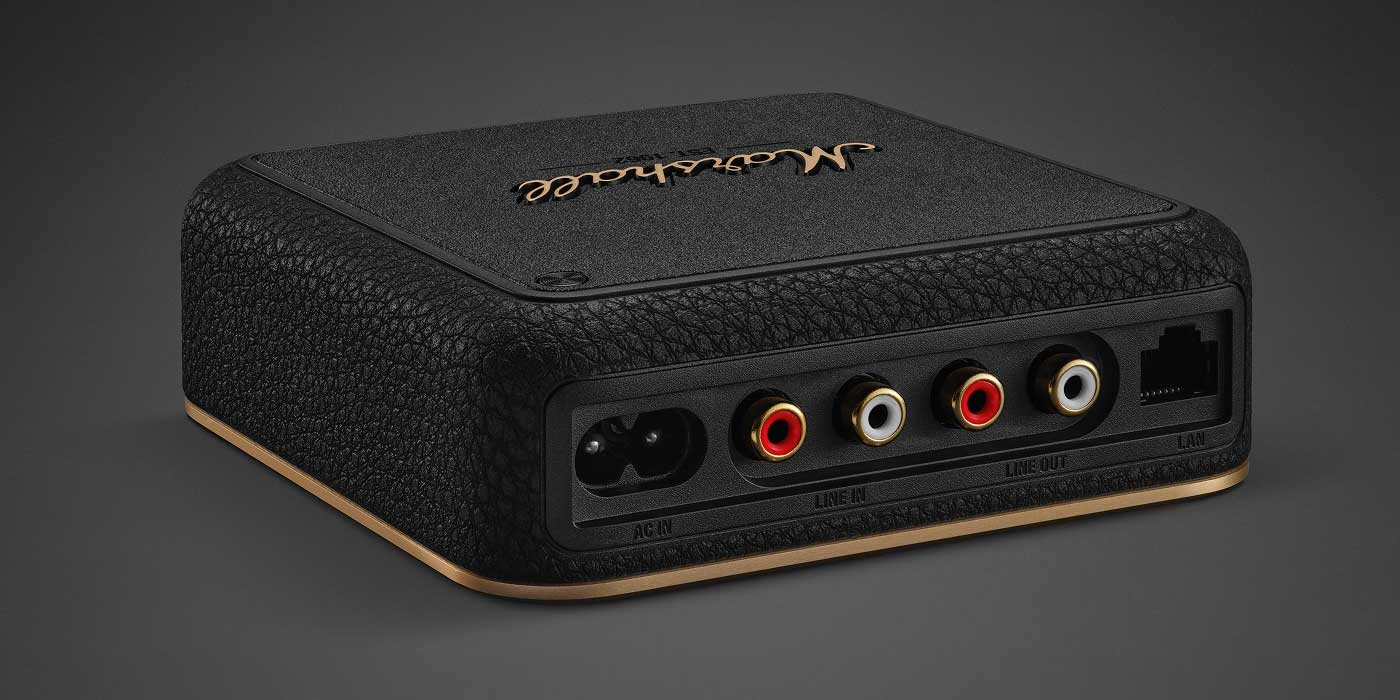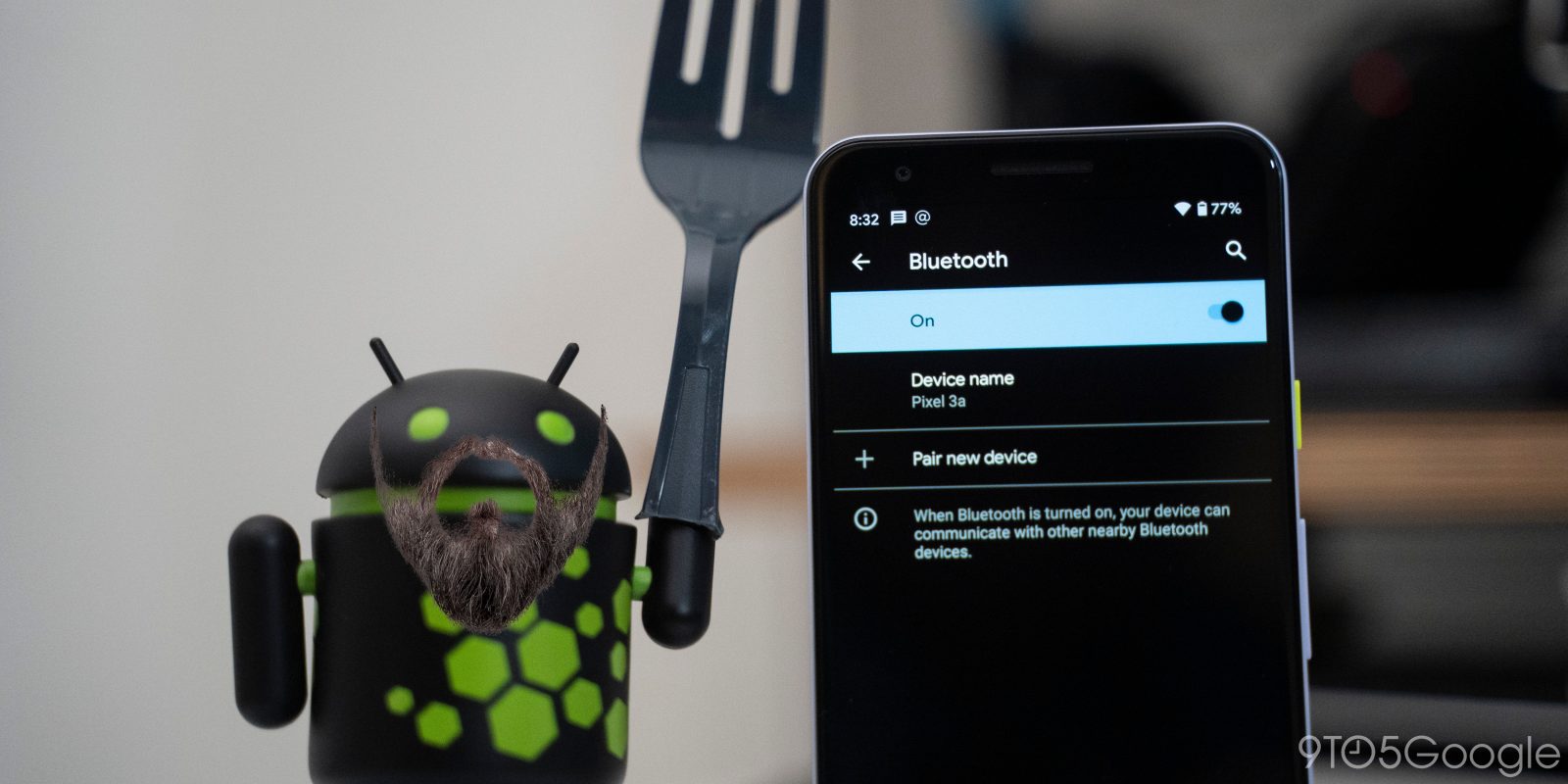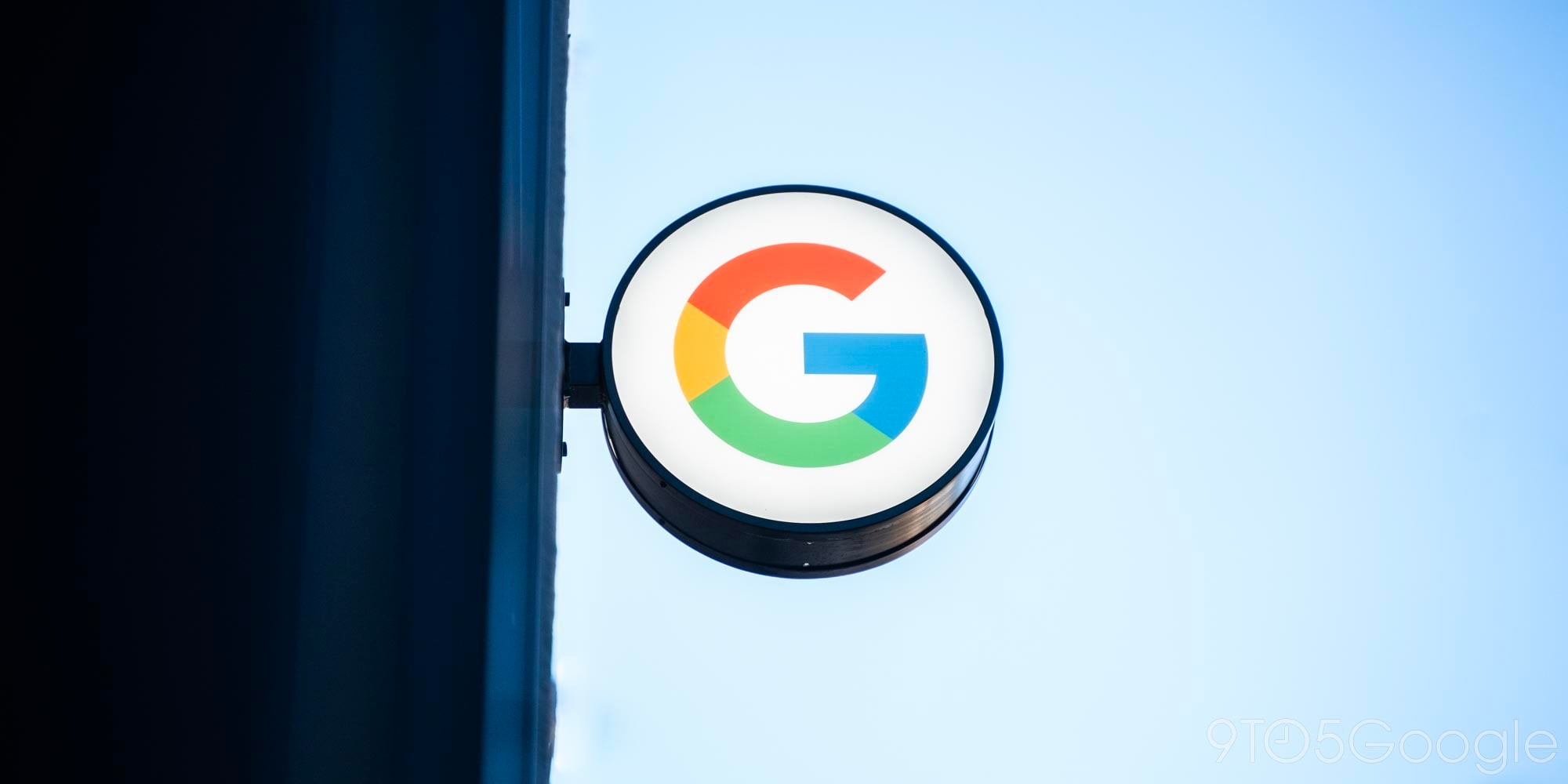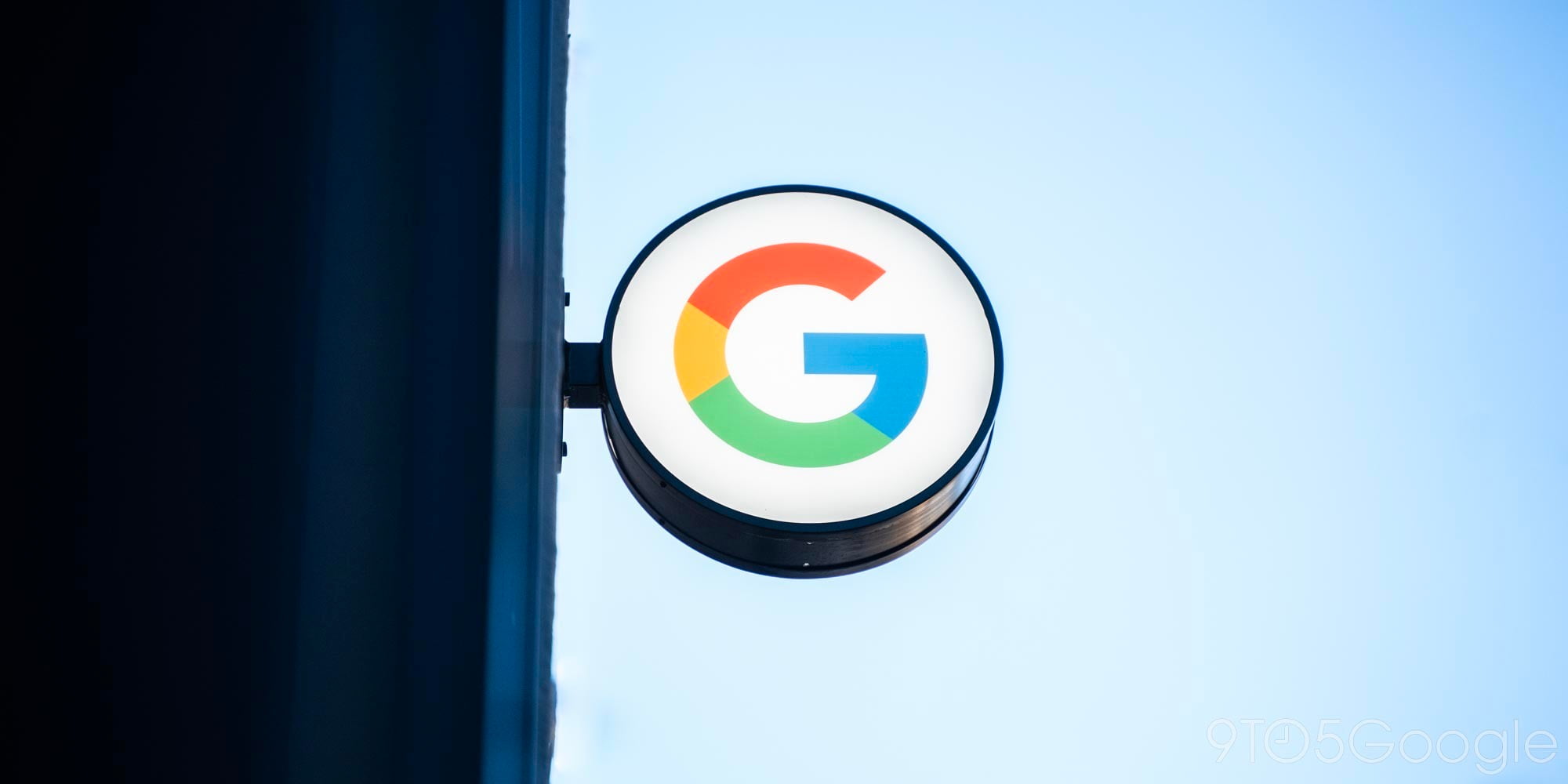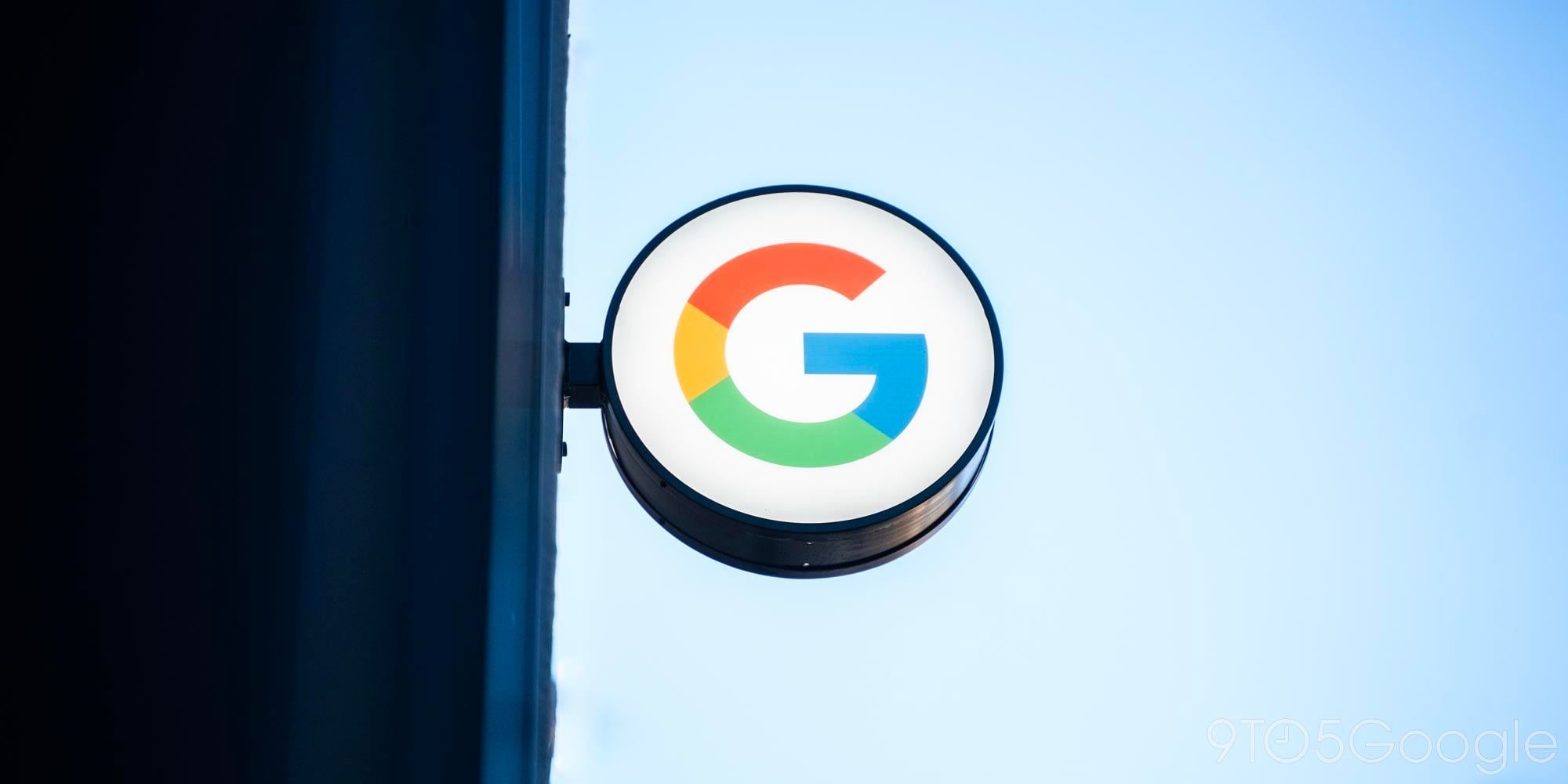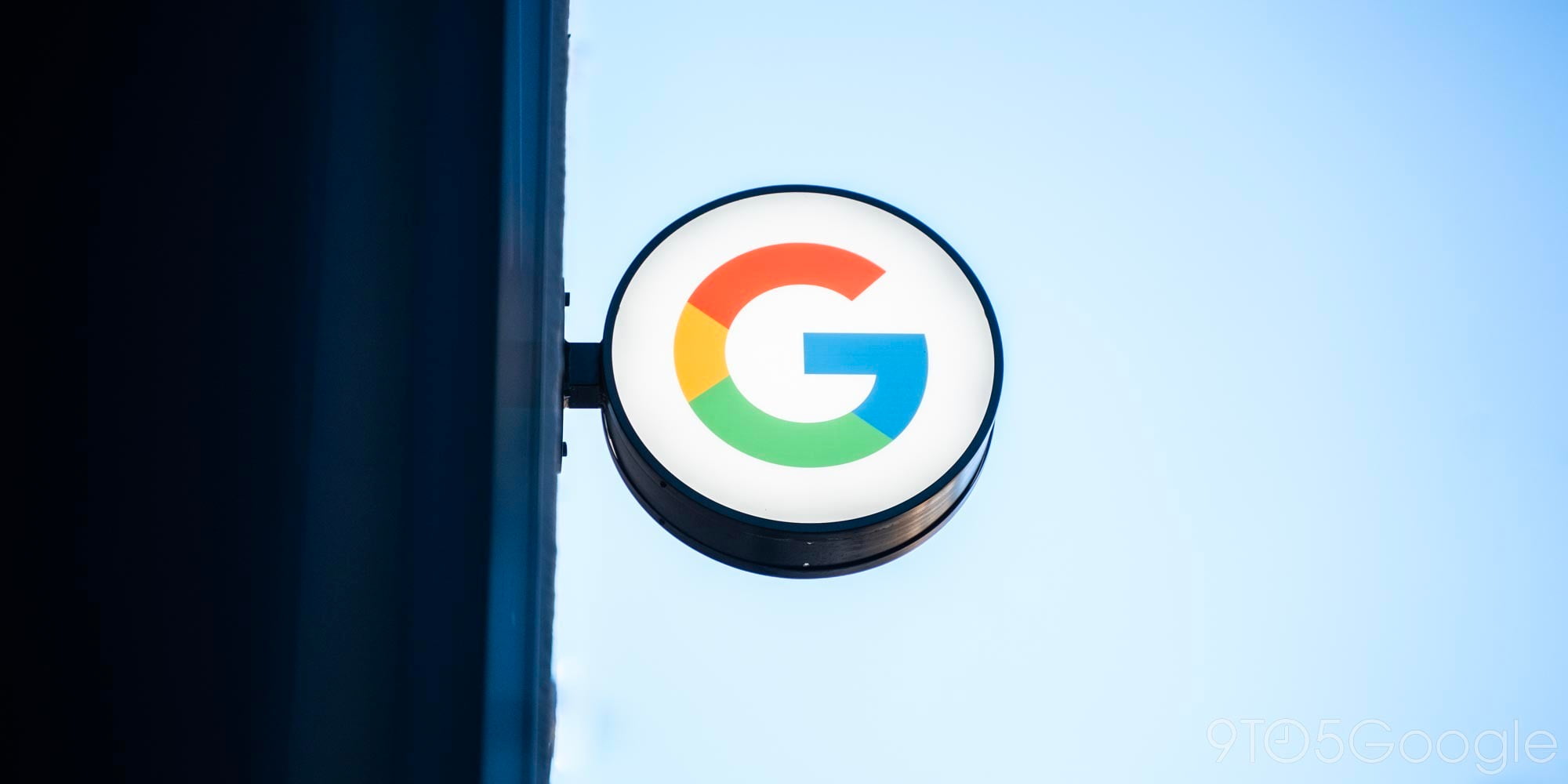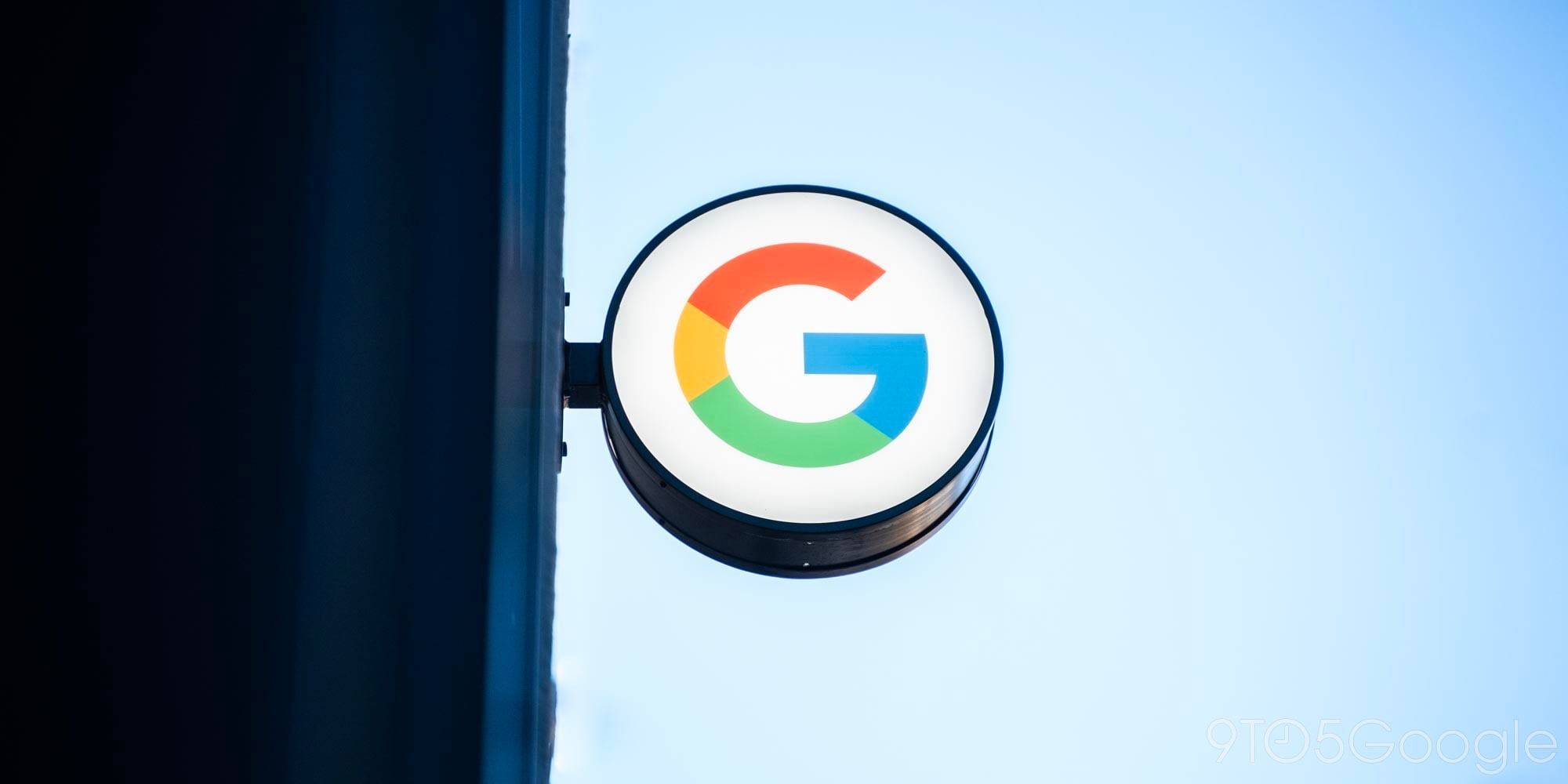Keep up with the best gear and deals on the web by signing up for the 9to5Toys Newsletter. Also, be sure to check us out on: Twitter, RSS Feed, Facebook, Google+ and Safari push notifications.
TODAY’S CAN’T MISS DEALS:

Beats Studio Wireless Headphones in titanium color: $229.99 shipped (Orig: $380)

Refurbished Garmin nuvi 2699LMT HD 6” GPS with Lifetime Maps & HD Traffic: $149.99 shipped with promo code POI (Orig: $270)

Jawbone UP Fitness Tracker (4 color choices): $25 shipped (Orig: $50)
MORE DEALS FROM TODAY:

Refurbished ARRIS SURFboard SB6121 DOCSIS 3.0 Cable Modem: $39.99 shipped (Orig: $99.99)
Games/Apps Vertical PS4 stand + dual controller charger $20, Borderlands 2 Complete $30, more

In today’s best game/app deals, over at Amazon you can grab the hybrid SmaAcc Vertical PS4 Stand w/ Cooling Fans + Dual Charger Station for $19.99 shipped using code JCPO6UZU during checkout. That’s $5 under the current best price and the lowest we can find. The official PS4 vertical stand from Sony will run you $20 Prime shipped on its own without he extra goodies.
It’s your last chance to hit the Mac Game Store Back-to-School sale offering up to 80% off a massive selection of Mac titles. One standout of the many, is Borderlands 2 Complete Edition for $29.99, which includes the GOTY edition of the game and the plethora of DLC that released for it.
DEALS STILL ALIVE:
- Hitman: Sniper for iOS hits its lowest price ever $3 (Orig: $5), Absolution Elite Edition for Mac $10 (Orig: $25)
- Motorola Moto E (2nd Gen, refurb) WITH 1-Yr Unlimited Talk-and-Text from FreedomPop: $150 Shipped
- Home: Oral-B 1000 electric toothbrush $29 (Orig. $60), Dirt Devil hand vac $20 (Orig: $35), more
- WD Elements 2TB USB 3.0 Portable Hard Drive $70 shipped (Orig: $110), more
- Headphones: Bose SoundSport workout in-ears $80 (Orig. $150), Beyerdynamic DT 770 over-ears $120, more
- Apple iPad mini 3 Wi-Fi in all colors: 16GB $289 (Orig: $399) or 64GB $399 (Orig: $499)
- Apple 12-inch MacBook w/ Retina display 1.2GHz/8GB/512GB: $1,449 shipped (Orig: $1,599)
- Fitbit Charge HR Wireless Activity Wristband in Black: $120 shipped (Orig: $150)
- Home: Cuisinart 3.5 Qt. Slow Cooker $35 (Orig: $60), Hamilton Beach Blender/Chopper $28 (Orig: $40), more
- VIZIO 38-inch 5.1-Ch. Sound Bar with Wireless Sub. and Rear Satellite Speakers (refurb) $150 shipped (Orig: $280)
- Apple 12-inch MacBook w/ Retina display 1.1GHz/8GB/256GB $1,149 shipped (Orig: $1,299)
- This DHD D1 mini quadcopter drone fits in the palm of your hand for $15 shipped (Orig: $30)
NEW PRODUCTS & MORE:

Move over Super Smash Bros., the Pokémon tournament fighter is coming to Wii U in the Spring

SLICK’s motorized mount takes the bumps out of your GoPro videos

Beyerdynamic takes its pro-audio pedigree to the streets with these new custom headphones

